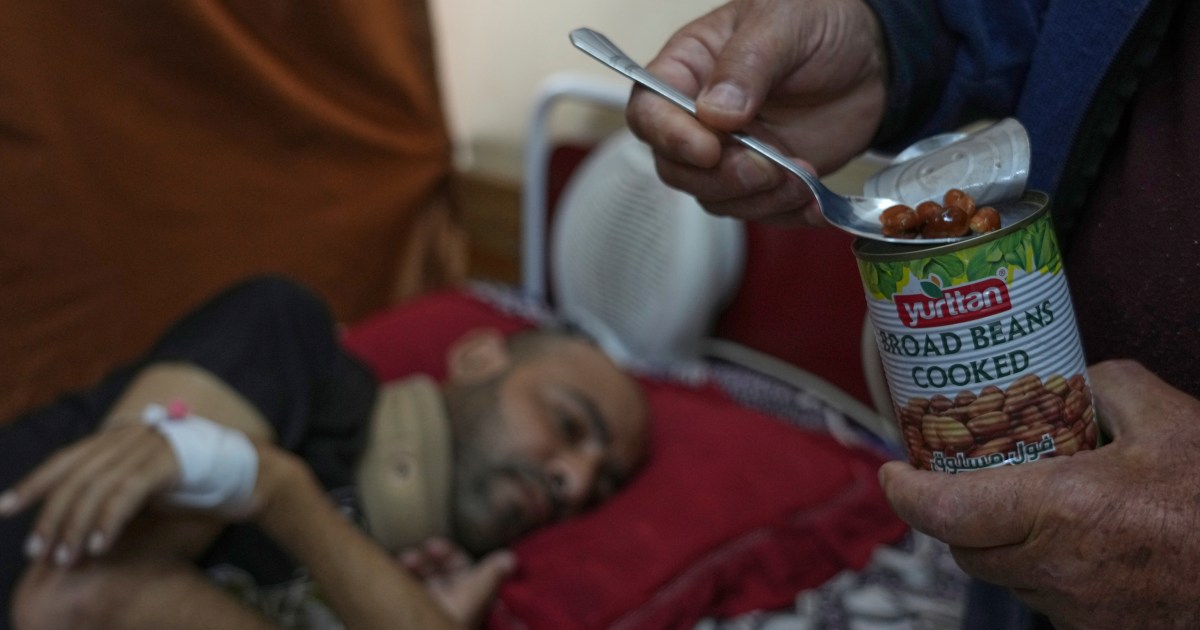The Human Cost of Blockade: Gaza’s Hospitals Struggle to Care for Patients
Gaza’s healthcare system is teetering on the brink of collapse as Israel’s blockade intensifies, leaving hospitals without essential supplies, food, and electricity. Over 2.3 million residents face a mounting humanitarian crisis, with medical staff unable to provide adequate care for patients. The blockade, now in its 17th year, has worsened due to recent geopolitical tensions, crippling an already fragile infrastructure and endangering thousands of lives daily.
Critical Shortages Paralyze Medical Facilities
Hospitals across Gaza report severe shortages of medicines, surgical equipment, and fuel for generators. The World Health Organization (WHO) estimates that 40% of essential drugs are at zero stock, while 60% of medical disposables remain unavailable. Al-Shifa Hospital, Gaza’s largest medical center, has reduced operations to emergency-only services. “We’re rationing anesthesia and antibiotics,” says Dr. Fadel Naim, a surgeon at Al-Shifa. “Every day, we’re forced to choose who gets treatment and who waits—sometimes until it’s too late.”
The blockade’s ripple effects extend beyond medicine:
- Power cuts last up to 20 hours daily, forcing reliance on unstable generators.
- Malnutrition rates have surged, with 68% of patients showing signs of deficiency.
- Water contamination has led to a 45% increase in infections among post-surgical patients.
Voices from the Ground: Healthcare Workers Speak Out
Medical staff describe harrowing conditions. “Children with chronic illnesses are dying from preventable complications,” says nurse Amal Haddad, who works in Gaza City. “We’ve reused gloves and syringes until they fall apart.” A recent UN report corroborates her account, noting that 85% of hospitals in Gaza lack basic sterilization tools.
Meanwhile, Israeli officials argue the blockade is necessary for national security. “Hamas exploits humanitarian aid to smuggle weapons,” stated Defense Ministry spokesperson Lt. Col. Avichay Adraee. However, human rights groups counter that collective punishment violates international law. “The blockade’s toll on civilians—especially the sick and elderly—is indefensible,” says Omar Shakir of Human Rights Watch.
The Ripple Effect on Patient Recovery
Patients recovering from surgeries or managing chronic illnesses face compounded risks. With food imports restricted, hospitals cannot provide therapeutic meals. “My daughter needs protein to heal from her burns, but the hospital only serves bread and rice,” says parent Mahmoud Basheer. The WHO warns that 30% of Gaza’s children under five suffer from stunted growth due to malnutrition.
Cancer treatments are equally dire. Only three radiotherapy machines serve the entire territory, and chemotherapy drugs are frequently out of stock. “Many patients die waiting for permits to seek treatment abroad,” explains Dr. Mona El-Farra of the Gaza Health Ministry.
International Response and Failed Solutions
Aid organizations struggle to bridge gaps. The UN Relief and Works Agency (UNRWA) has raised $120 million for Gaza this year—yet supplies often stall at checkpoints. “Even approved shipments take weeks to clear,” laments UNRWA’s Tamara Alrifai. Diplomatic efforts, including Egyptian-mediated talks, have yielded little progress.
Key obstacles include:
- Restricted entry for construction materials to repair bomb-damaged hospitals.
- Bureaucratic delays for medical permits, which 65% of applicants are denied.
- Underfunding—Gaza’s healthcare system needs $50 million monthly to function minimally.
What Lies Ahead for Gaza’s Healthcare Crisis?
Without immediate intervention, experts predict a total system collapse by 2024. “The blockade must be lifted to allow sustainable solutions,” urges WHO’s Dr. Richard Peeperkorn. Alternatives like field hospitals or offshore medical ships remain logistically fraught. Meanwhile, grassroots initiatives, such as telemedicine programs, face bandwidth limitations due to electricity shortages.
The human cost is immeasurable. As Gaza’s hospitals become monuments of resilience and neglect, the world watches—and waits—for action. To support emergency medical efforts in Gaza, consider donating to vetted NGOs like Médecins Sans Frontières or the Palestinian Red Crescent Society.
See more WebMD Network



